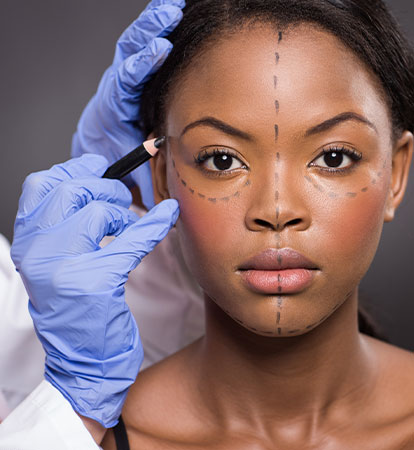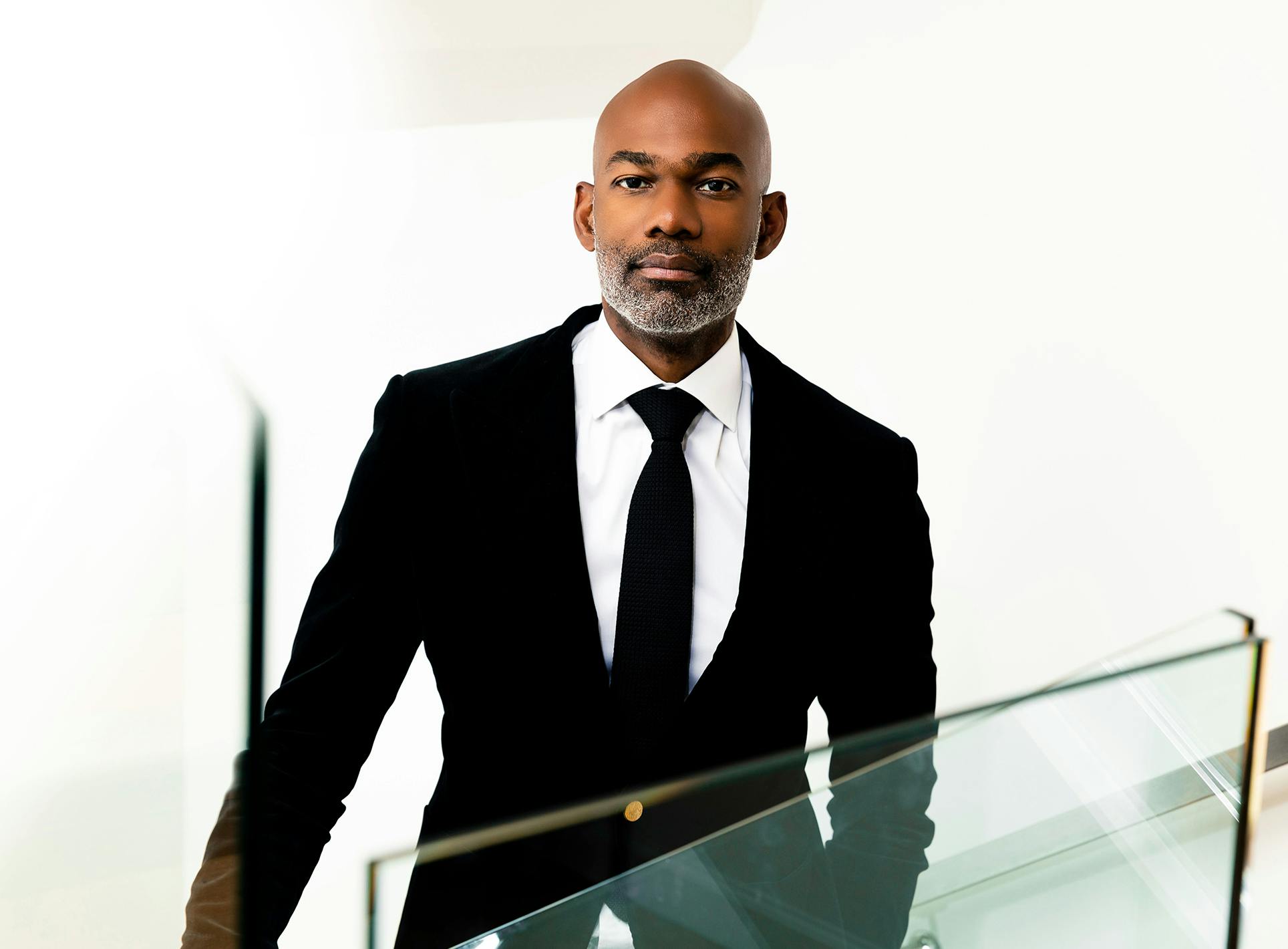Liposuction Bellevue: Target Persistent Fat with Leading Plastic Surgeons
Liposuction Bellevue: Target Persistent Fat with Leading Plastic Surgeons
Blog Article
A Deep Study the Common Reason for Seeking Plastic Surgery: Unloading the Wish for Modification and Self-Improvement
The motivations behind the pursuit of plastic surgery expand beyond simple visual enhancement, reflecting a nuanced interplay of social expectations, personal goals, and emotional variables. As individuals significantly seek to straighten themselves with dominating charm standards, it ends up being essential to take a look at the underlying factors that force them to make such substantial modifications. The effect of media representations and personal narratives can not be neglected, as they form assumptions and desires in extensive means. This exam prompts critical inquiries concerning the honest implications and future trajectories of aesthetic procedures, welcoming more exploration into the intricacies of self-improvement and identity.
Societal Pressures and Beauty Specifications

The effect of these charm suitables can be profound, instilling a sense of inadequacy in those who do not conform. As a result, many may seek cosmetic surgical treatment as a method of aligning their look with these social expectations. mommy makeover bellevue. This desire for consistency can come from a broad array of motivations, including the aspiration for enhanced social condition, improved romantic potential customers, or increased professional opportunities
Moreover, these pressures are not limited to specific demographics; they impact individuals across different ages, sexes, and histories, highlighting the pervasive nature of charm requirements. This prevalent impact elevates vital questions concerning the ethics of plastic surgery and the effects of social requirements on individual choices. Eventually, comprehending these stress is important for promoting a much more inclusive interpretation of charm that commemorates diversity.
Individual Experiences and Transformative Stories
Lots of people who go through cosmetic surgery report transformative experiences that extend beyond simple physical adjustments. For numerous, these treatments function as a driver for boosted self-worth and a restored sense of identification. Clients often explain sensation freed from enduring insecurities, causing boosted self-confidence in both personal and professional worlds.
Take, as an example, the tale of a young woman that underwent breast augmentation after years of sensation awkward regarding her appearance. Post-surgery, she reported not only a newly found convenience in her body however likewise a considerable renovation in her social life and career chances. Similarly, a middle-aged man who selected to go through a facelift shared how the treatment rejuvenated his expectation on life, triggering him to go after new interests and relationships.
These individual stories emphasize the profound impact plastic surgery can have on people' lives. As they accept their changed selves, many find empowerment in their selections, usually utilizing their experiences to inspire others considering comparable trips. Ultimately, these transformative tales highlight the multifaceted factors individuals look for cosmetic surgical procedure, linking personal growth with the pursuit of visual improvement.
Psychological Factors Behind Plastic Surgery
Many psychological aspects add to the choice to undertake plastic surgery, showing much deeper emotional and psychological health and wellness considerations. People usually pursue surgical enhancements as a way to address sensations of inadequacy, low self-confidence, or dissatisfaction with their look. These psychological inspirations can be rooted in previous experiences, social contrasts, or personal ambitions.
Body photo distortion is a common problem, where individuals view their physical characteristics in an exaggeratedly adverse light. This distortion can lead to compulsive thoughts regarding viewed defects, triggering the need for medical change as a service - mommy makeover bellevue. Furthermore, the quest of excellence and societal pressures can magnify these sensations, pressing people towards aesthetic treatments in hopes of achieving an idealized variation of themselves
Additionally, the concept of self-improvement plays an essential duty. Numerous individuals see plastic surgery as a path to boost their high quality of life, thinking that boosted appearance will bring about boosted social acceptance, better partnerships, or boosted job opportunities. Eventually, the mental variables behind cosmetic surgical treatment underscore the complex interplay in between specific self-perception and external influences, disclosing the multifaceted nature of the need for adjustment.

The Duty of Media in Perception
In today's society, media plays a crucial function fit assumptions of elegance and self-respect. Through numerous systems-- social media sites, tv, and advertising-- idyllic standards of charm are typically distributed, affecting private aspirations and self-image. visit the site These representations regularly highlight narrow definitions of attractiveness, mainly featuring youthful, slim, and electronically boosted images, which can create impractical criteria for individuals making every effort to adapt.
The effect of media is more worsened by the prevalent nature of social media sites, where individuals are bombarded with curated material that highlights aesthetic improvements, recommending a culture of contrast. This continuous exposure can cause sensations of insufficiency among customers, motivating them to consider cosmetic surgical procedure as a way of accomplishing the viewed ideal. Research study suggests that individuals that engage with these media representations are more probable to express discontentment with their look, enhancing the need for surgical interventions.
In addition, the normalization of plastic surgery in media narratives can desensitize audiences, mounting such procedures as commonplace and even required for social acceptance. Therefore, the media's representation of beauty not only influences specific choices concerning cosmetic surgery yet additionally adds to a wider social discussion concerning self-regard and identity.
Ethical Factors To Consider and Future Fads
Amid the growing appeal of cosmetic surgical procedure, ethical considerations surrounding the learn the facts here now practice have actually come to be increasingly famous. As the demand for treatments increases, so as well do concerns relating to informed approval, the emotional inspirations of individuals, and the possibility for exploitation by specialists. It is important for practitioners to make certain that patients fully comprehend the threats and benefits, in addition to the ramifications of their selections, to promote an accountable technique to aesthetic improvements.
In addition, the influence of social networks and elegance requirements raises inquiries concerning the effect on psychological wellness, particularly among prone populaces. As understanding of body photo issues expands, moral method demands a mindful analysis of the inspirations behind medical interventions. Surgeons need to stabilize person desires with honest obligation, guaranteeing that choices are rooted in genuine self-improvement instead of social stress.

Verdict
Finally, the quest of plastic surgery is affected by an assemblage of social stress, personal experiences, and psychological factors. The desire for placement with dominating elegance requirements, combined with the capacity for transformative results, underscores the complex inspirations driving individuals towards these procedures. Furthermore, the duty of media fit understandings of charm can not be understated. As ethical considerations develop, future patterns in plastic surgery will likely mirror continuous societal dialogues bordering self-improvement and private identity.
Often, social pressures and prevailing charm requirements play a considerable role in individuals' decisions to go after cosmetic surgical treatment. Inevitably, these transformative tales highlight the complex factors people seek cosmetic surgical procedure, linking personal growth with the pursuit of visual improvement.
Numerous individuals check out cosmetic surgical treatment as a path to boost their high quality of life, thinking that enhanced look will lead to boosted social approval, better partnerships, or enhanced occupation opportunities. Eventually, the mental aspects behind cosmetic surgical treatment underscore the complex interaction in between individual self-perception and external impacts, revealing the multifaceted nature of the need for change.
As moral factors to consider progress, future trends in cosmetic surgical treatment web link will likely show ongoing societal discussions surrounding self-improvement and private identification.
Report this page